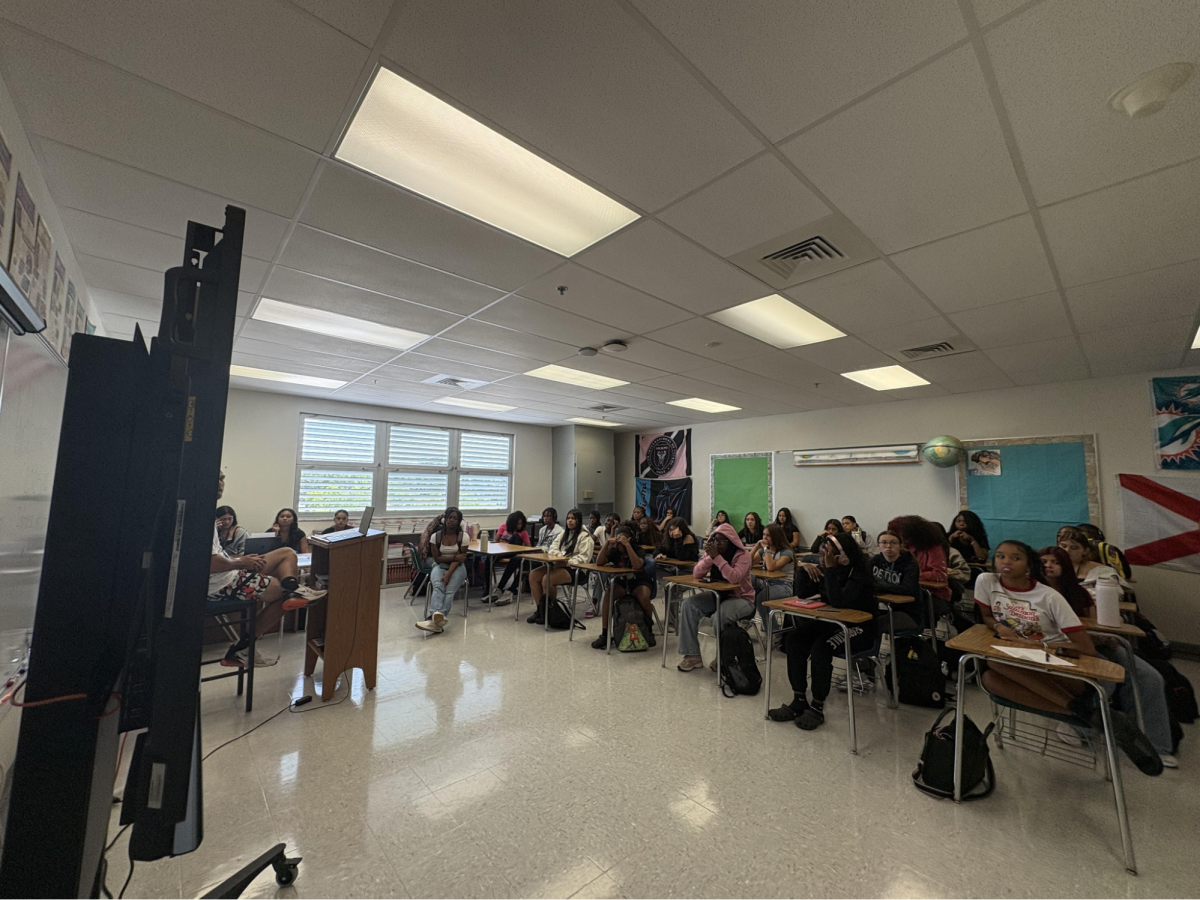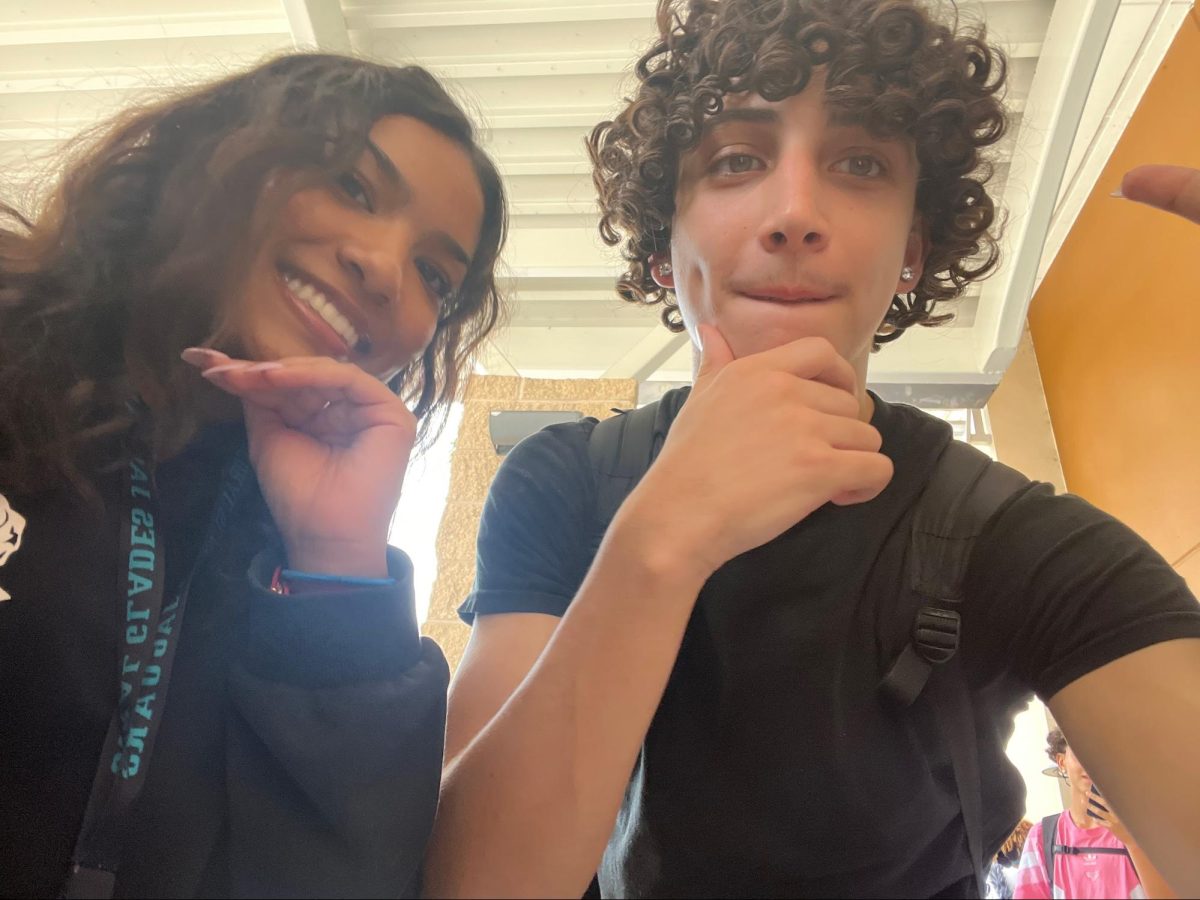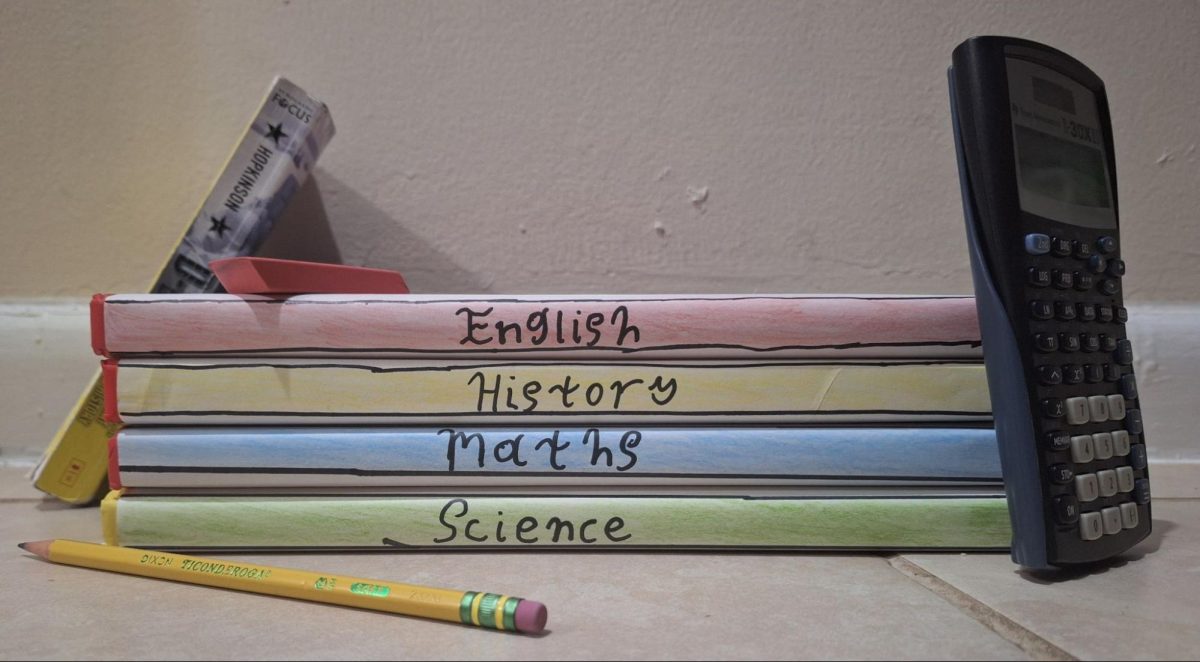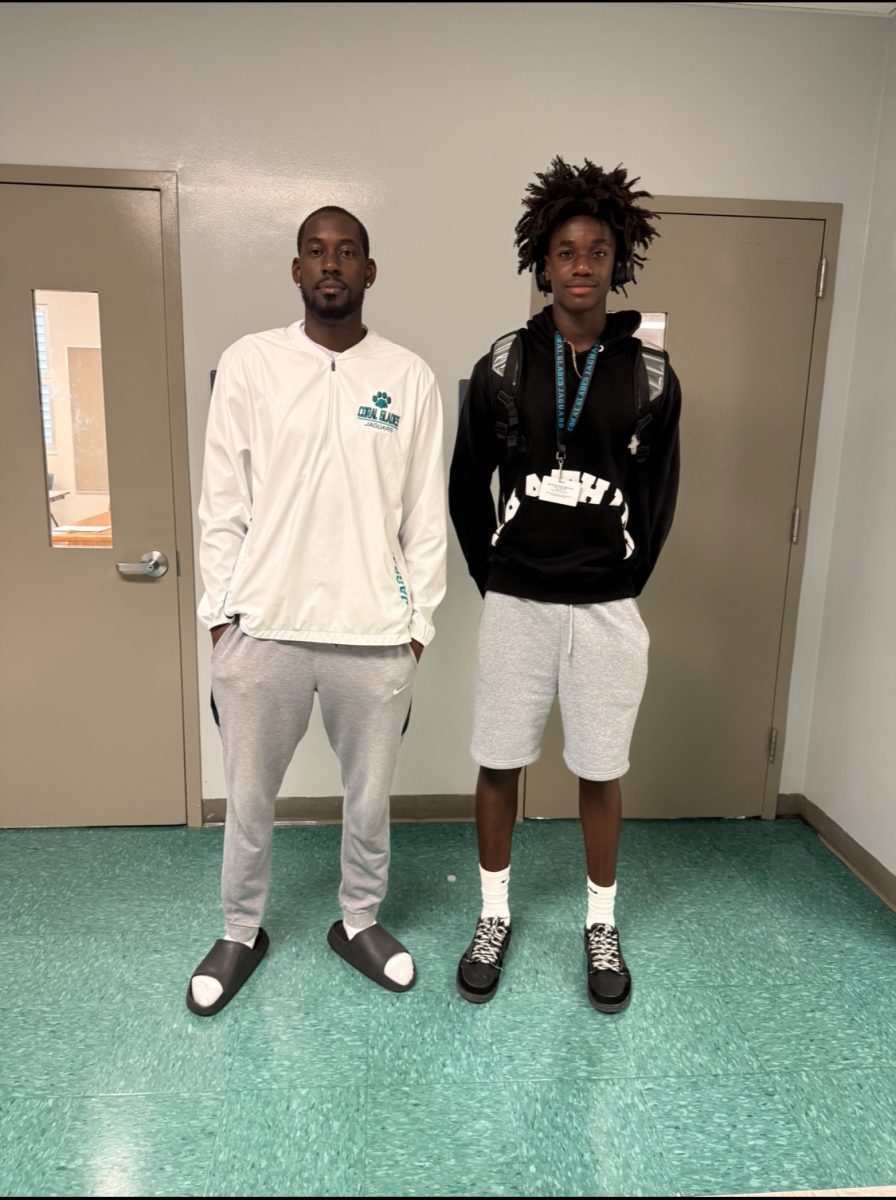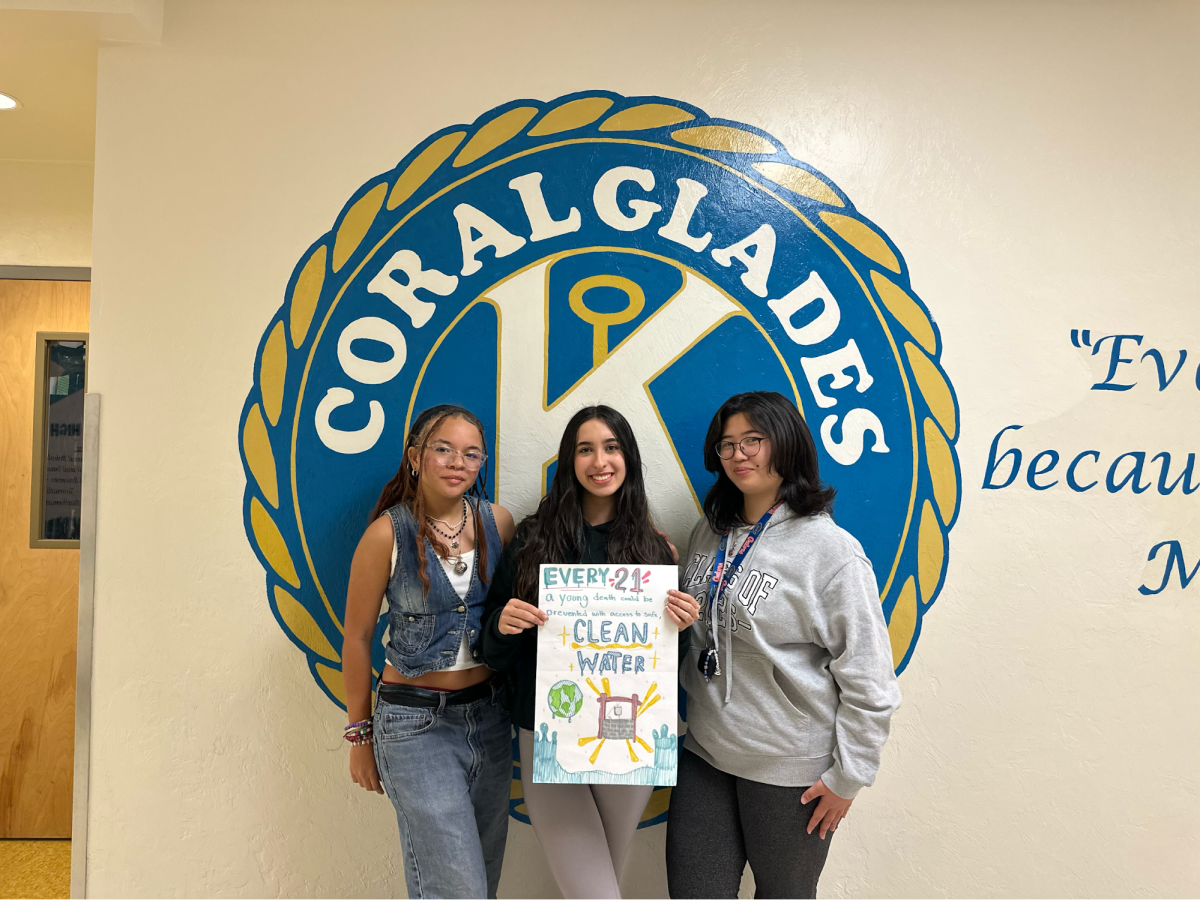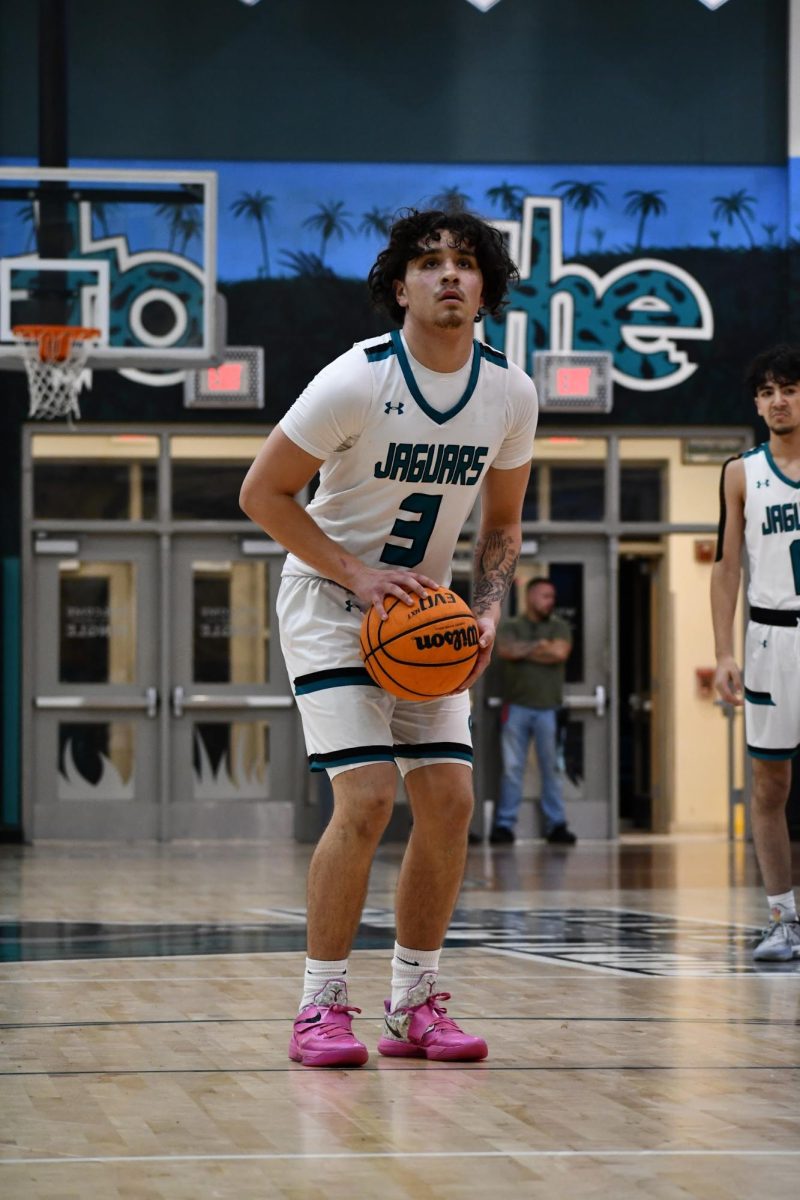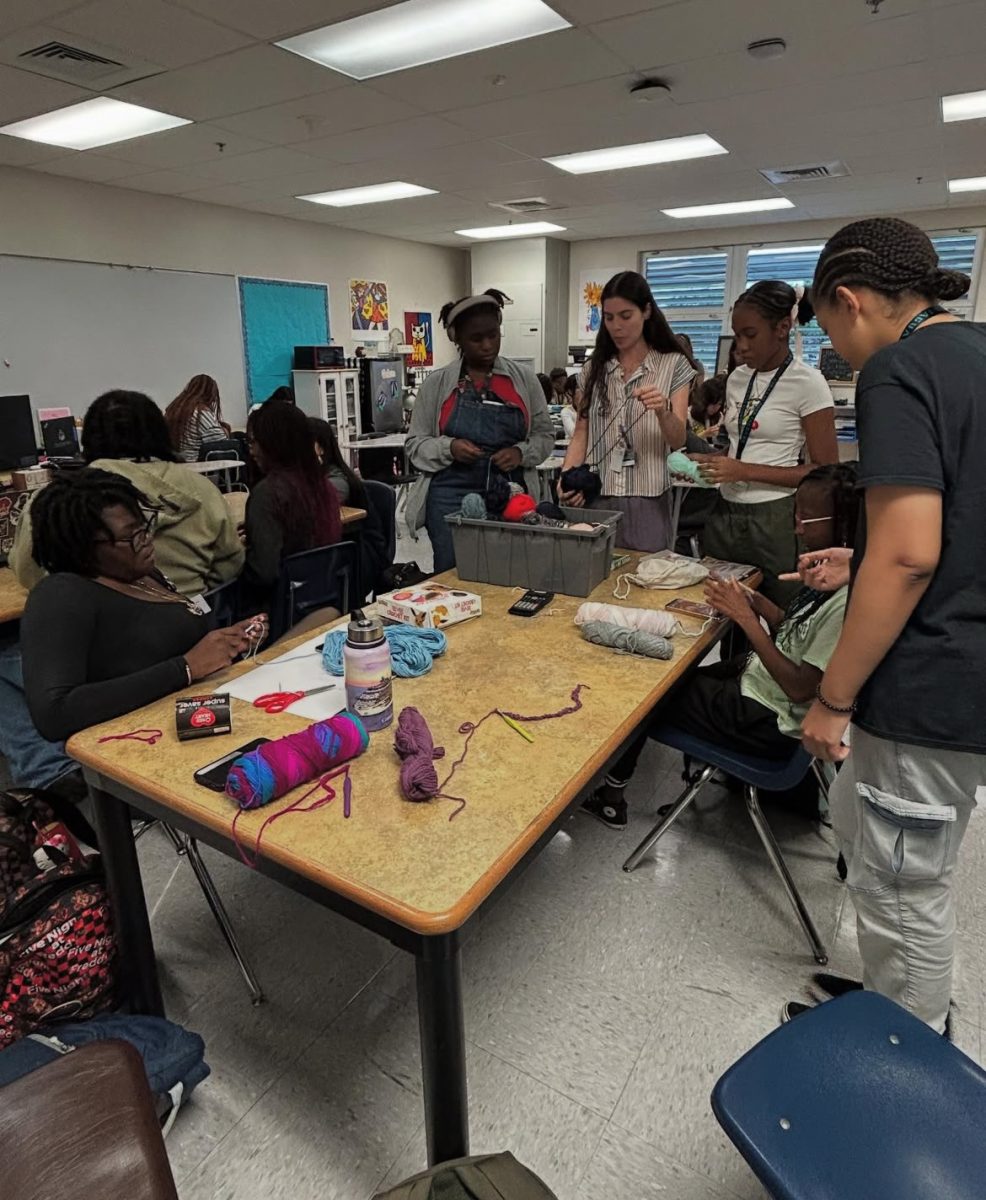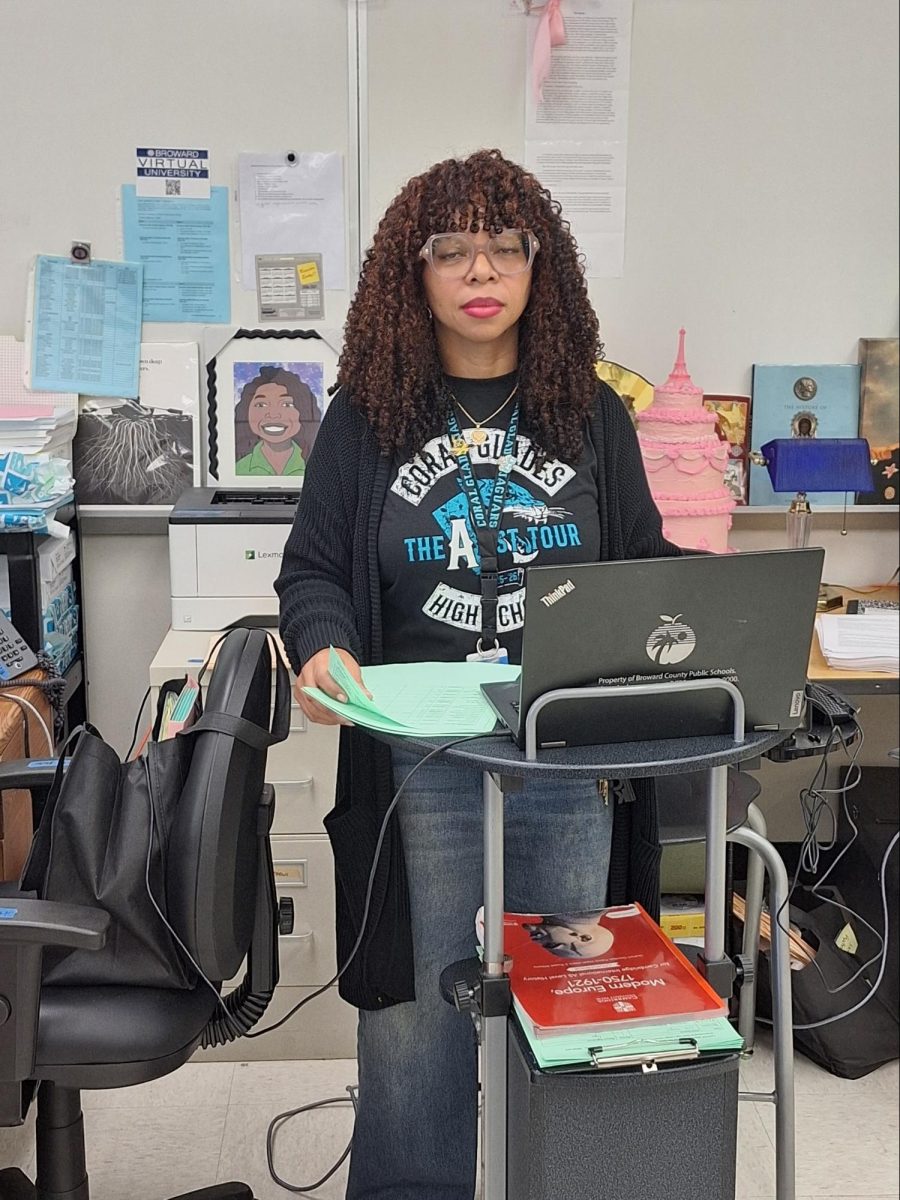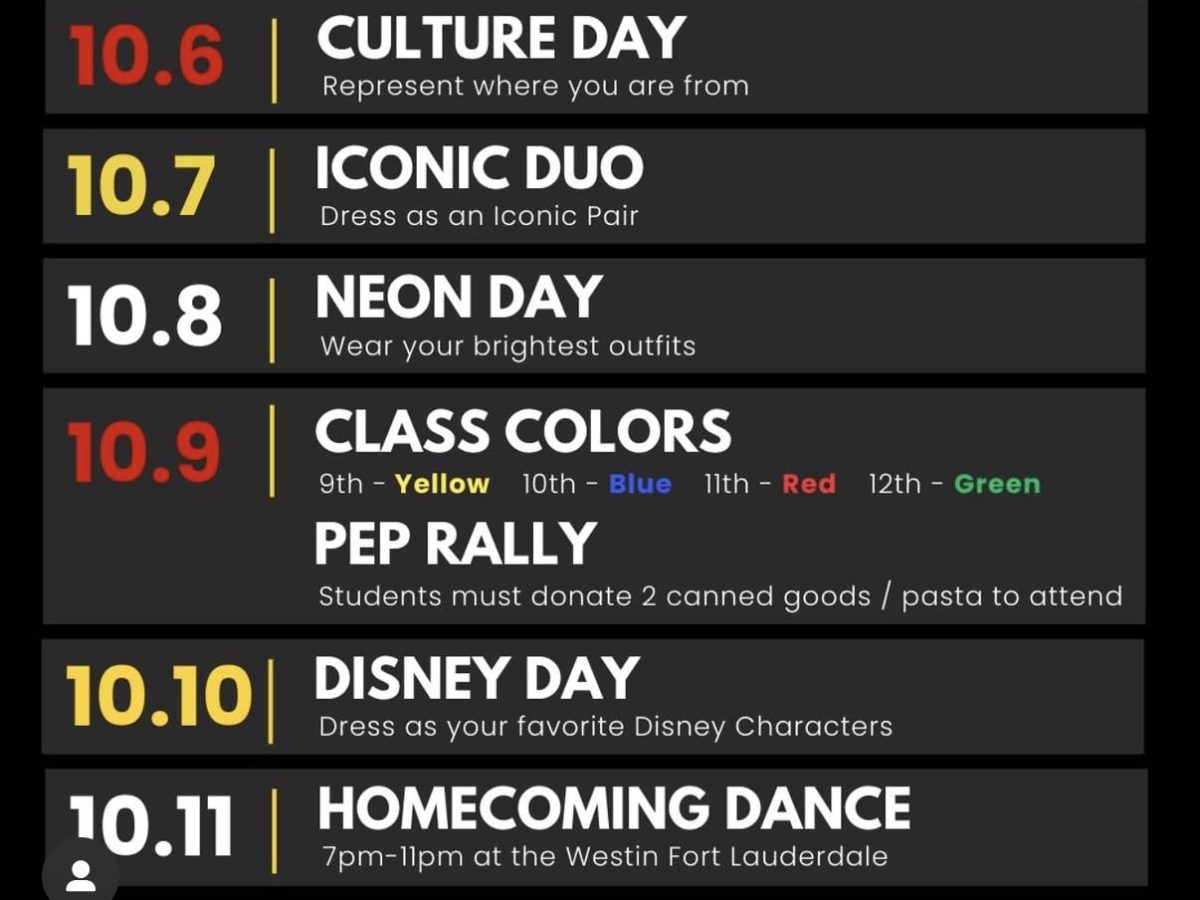School education offers more opportunities than ever for students to challenge themselves and excel. Advanced Placement AP and Advanced International Certificate of Education in other words AICE classes stand out among the many options offered within prestigious programs meant to challenge students beyond the requirements of the standard education system and get them ready for the difficulties of college-level coursework. But what distinguishes the two, and how do they affect a student’s academic path?
AP high school courses expose students to college-level content in subjects like physics, math, history, and languages. These challenging courses require critical thinking and problem-solving often going deeper into the material than regular or honors classes, and are relatively taught at a faster pace throughout the year. The benefits of these classes are vast, offering advanced placement or college credit based on their exam scores which can save both time and money. AP courses are accepted worldwide by colleges and universities, demonstrating a student’s preparation and dedication to college. In addition, AP classes are weighted more than honors per se, as they’re on a 6.0 scale.
“Even though I’ve had a lot of nights without sleep because of my challenging classes, I know It’ll be all worth it in the end”, says Saniyah Beckford, a freshman.
Although there are many similarities between AP and AICE, AICE works a bit differently. AICE courses are demanding and cover a range of topics, including math, languages, and science similar to AP. However, the University of Cambridge in the United Kingdom created an international curriculum that includes these AICE classes that require a set amount of credits to earn the Cambridge diploma. At the end of the semester students who enroll in AICE classes take a series of exams on paper that are then scored by Cambridge examiners.
“If you’re not willing to put in the effort, these classes are going to put you through a rough time. But if you’re ready to push yourself, they could open up endless opportunities for your future,” says Thea Genece, freshman.
Both programs have immense benefits, especially if you’re planning to pursue a specific field in the distant future. Now that testing is almost over and it’s the end of the school year, think about the classes you would want to take next year and see how they align with your future goals.

